Youngest provincial party leader a sign of change for women in politics?
With the appointment of Shi Xiaolin as Chengdu party secretary making her the youngest top provincial official, the higher-ups in the Chinese Communist Party seem to be paving the way for the rise of a younger batch of leaders in their 50s and a wider slate of women in leadership roles. Will this position be sustained?
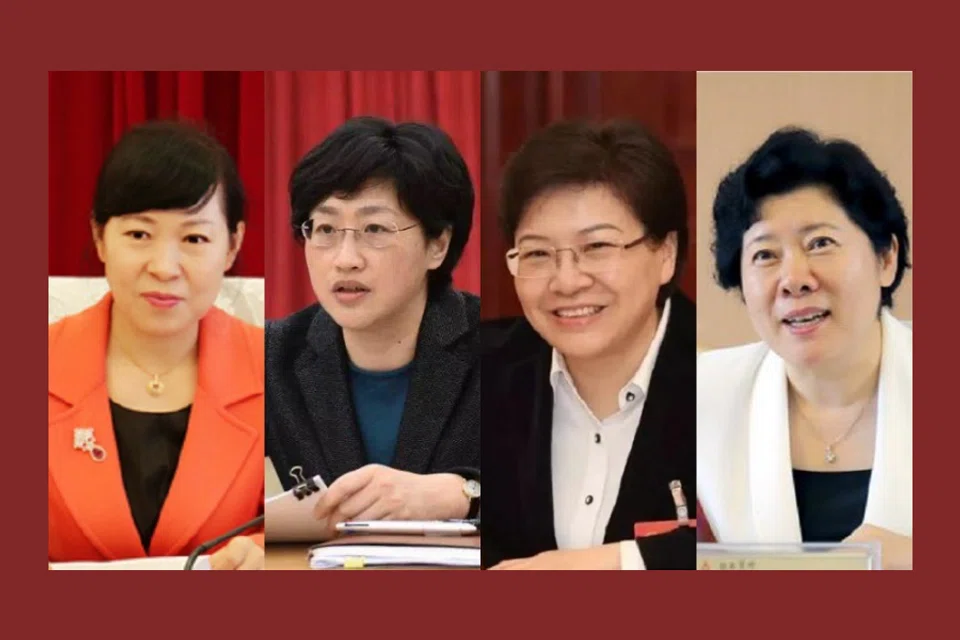
In the latest political shake-up of China's regional leaders, 52-year-old Shi Xiaolin was appointed Chengdu party secretary on 29 August, becoming the youngest top official of a provincial capital.
Shi is also the youngest female alternate member of the 19th Central Committee of the Communist Party of China (CPC). Becoming the top official of a sub-provincial city speaks not only of her individual capabilities, but of the increasing role of women in Chinese politics.
A place in the Central Committee
Prior to this appointment, Shi was a member of the Standing Committee and head of the publicity department of the CPC Jiangxi Provincial Committee. She was then the youngest female member of a provincial-level standing committee of the CPC in the country. It was not until last month that 51-year-old Zhao Yuexia became a member of the Standing Committee and head of the publicity department of the CPC Qinghai Provincial Committee, thereby replacing Shi as the youngest member of a provincial-level standing committee of the CPC.
As an alternate member of the Central Committee, Shi's political status is already higher than the majority of the members of provincial-level standing committees.
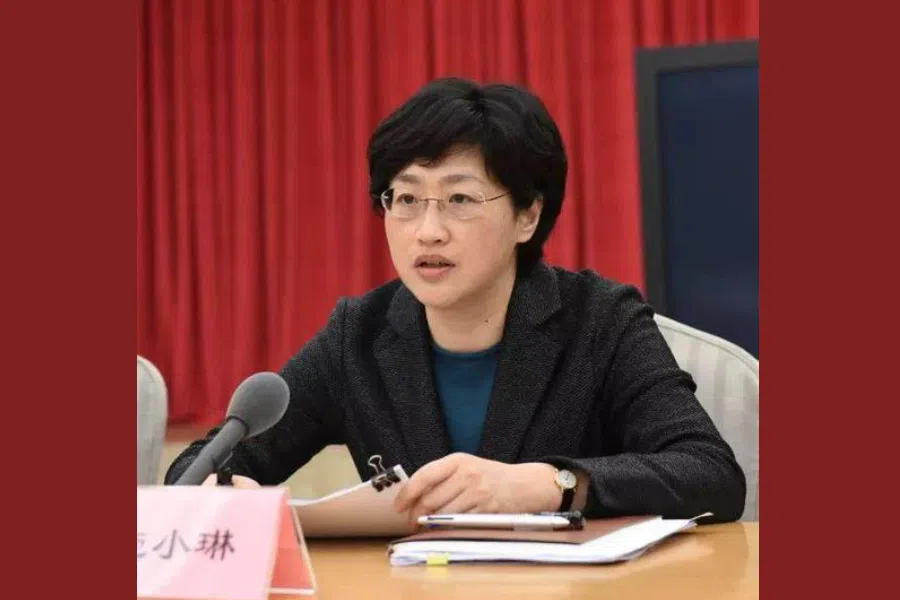
However, most provincial-level standing committee members of the CPC are not members of the Central Committee of the CPC. In general, among provincial-level standing committee members, only the party secretary of the provincial committee and governor can directly enter the Central Committee, while some of the deputy secretaries of the provincial committees and a few members of the provincial-level standing committees can become alternate members of the Central Committee. As an alternate member of the Central Committee, Shi's political status is already higher than the majority of the members of provincial-level standing committees. Besides, the top office-holder of a sub-provincial capital city is often held in higher regard than other members of provincial-level standing committees. Coupled with the fact that women are a minority in the political arena, Shi's career prospects have vastly improved with this promotion.
However, although she was promoted quickly over the past two years, Han (Liming) is under great pressure as a new outbreak of Covid-19 infections started spreading from Nanjing Lukou International Airport.
Few women politicians, but they are climbing up the ranks
Currently, four women in China are top officials of provincial capitals. Among them, Hohhot party secretary Wang Lixia has been promoted to acting chairwoman of the Inner Mongolia Autonomous Region People's Government, a minister-level position. She is expected to be elected as a member of the Central Committee at the 20th National Congress of the CPC next autumn and thereafter relinquish her post as party secretary of Hohhot. The other three women who hold high office in provincial capitals are Nanjing party secretary Han Liming, Changsha party secretary Wu Guiying and Shi.
57-year-old Han graduated from Jiangsu's Zhenjiang Teachers' College (江苏镇江师范专科学校). She has also had work experience in Jiangsu province. She was previously party secretary of Liyang and mayor of Nantong, before becoming party secretary of Taizhou in 2018. Last January, she became mayor of Nanjing, and in April this year became a member of the Standing Committee of the CPC Jiangsu Provincial Committee and the party secretary of Nanjing, assuming a deputy ministerial role.
However, although she was promoted quickly over the past two years, Han is under great pressure as a new outbreak of Covid-19 infections started spreading from Nanjing Lukou International Airport. While Covid-19 cases have subsided in Nanjing, the same cannot be said of the other areas that the outbreak has affected, and the people are still angry about the situation. It remains to be seen if Han can be elected as a member of the Central Committee at the 20th National Congress of the CPC next autumn.
Shi (Xiaolin) has a clear edge over Han (Liming) and Wu (Guiying) in terms of age, qualifications and experience, and resources.
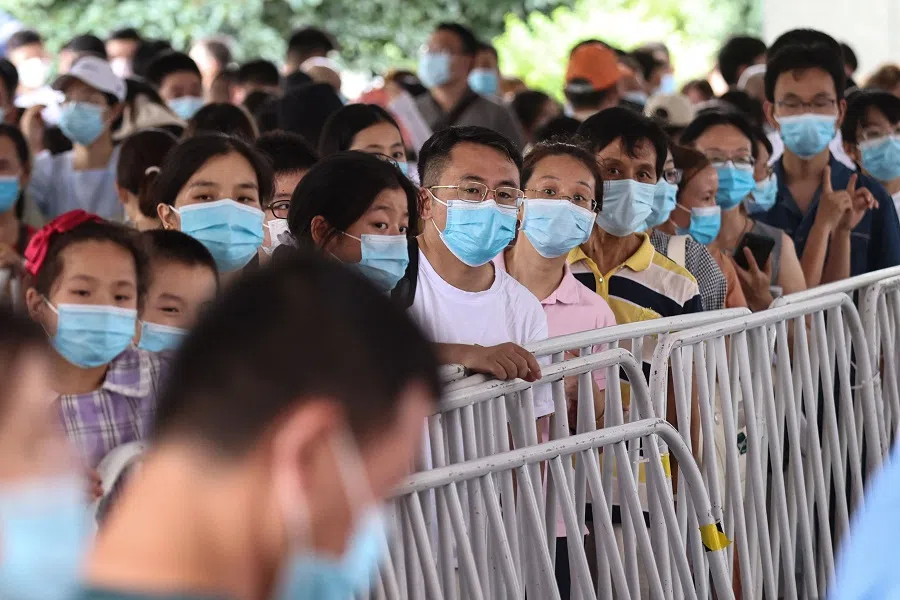
55-year-old Wu graduated from the China University of Political Science and Law and was party secretary of Beijing's Chaoyang district. In 2018, Wu assumed office as vice governor of Hunan province and in February this year became a member of the Standing Committee of the CPC Hunan Provincial Committee and party secretary of Changsha.
Compared to sub-provincial cities of Chengdu and Nanjing, while Changsha is also a provincial capital, it is not listed as one of China's 15 sub-provincial cities. At the same time, like Han, Wu was also newly appointed as a member of a provincial standing committee this year. It is not easy for them to be promoted a step further during the 20th National Congress of the CPC next year.
A standout
Shi has a clear edge over Han and Wu in terms of age, qualifications and experience, and resources.
After graduating in engineering from Shanghai University in 1990, Shi was deployed to work at the Yangzi Wood Factory in Shanghai, where she subsequently headed the party committee in the company. In 1995, she was promoted to be the deputy party branch secretary for the Zhabei District Committee of the Communist Youth League of China; around 2000, she was sent to the US as a youth party cadre on a six-week study trip; in 2001, she became the party branch secretary for the Communist Youth League in Zhabei.
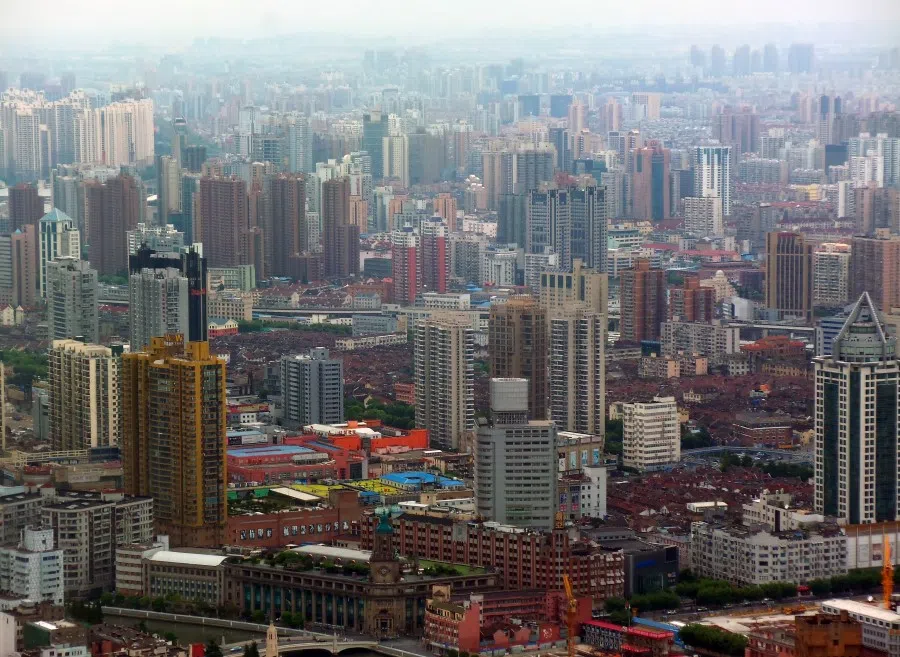
Following that, Shi was the director and party branch secretary of Zhabei District Economic Committee, as well as party secretary of the work committees for Daning Road and subsequently Linfen Road. Many party leaders have visited Linfen Road as a model of China's community party-building and grassroots management, and in 2005 it was established as a testing site. In 2007, when Chinese President Xi Jinping was briefly Shanghai party secretary, Shi was vice governor of Nanhui District.
After the 18th National Congress in 2012, Shi's career was fast-tracked, being appointed director of the Shanghai Civil Affairs Bureau and later the party secretary of Putuo District. In 2017, before the 19th National Congress, she was promoted to be a member of the Standing Committee of the CPC Shanghai Municipal Committee - the only female at the time - and concurrently head of the United Front Work Department. During this time, the mayor of Shanghai was current Politburo Standing Committee member and Vice-Premier Han Zheng.
Among the current senior female officials, Shi's CV from grassroots to mid-high level is quite complete. Coupled with her aura and connections from Shanghai, she has stood out from her peers and competitors to take charge of an important city like Chengdu.
Shi is considered adept at handling hot-button issues. In 2013, Shi told the media that Shanghai had built a system involving 21 agencies to ascertain people's economic situation covering eight areas including banking, securities, housing, and taxes, to make sure that policies benefit the groups that are truly in need, and to clamp down on those who "drive BMWs but pay low insurance rates" (开宝马吃低保).
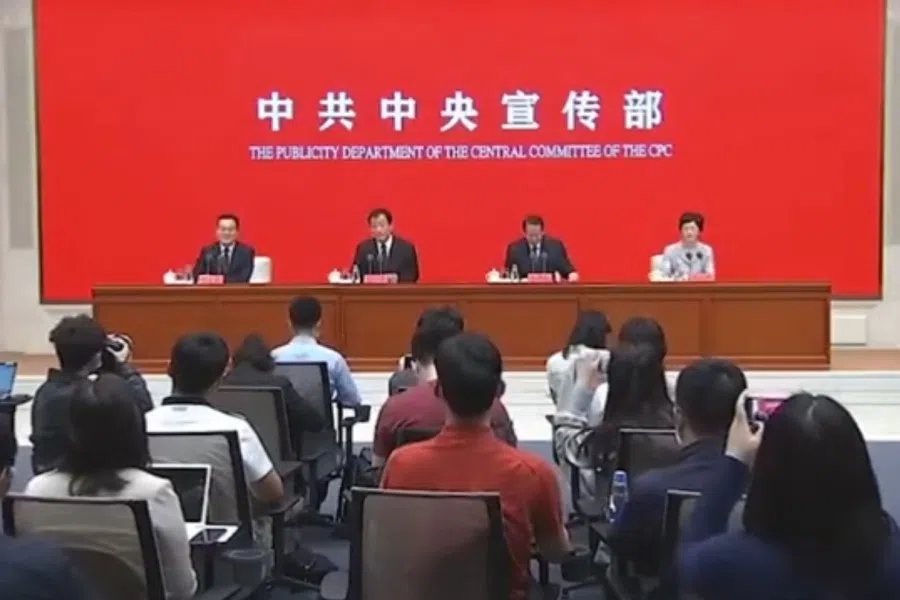
In 2018, Shi was transferred to be a member of the Standing Committee and head of the publicity department of the CPC Jiangxi Provincial Committee. In May this year, the publicity department of the CPC held a press conference in Beijing for the CPC's 100th anniversary, where Shi made an impression as she fielded questions along with Jiangxi party secretary Liu Qi and acting Jiangxi governor Yi Lianhong.
Among the current senior female officials, Shi's CV from grassroots to mid-high level is quite complete. Coupled with her aura and connections from Shanghai, she has stood out from her peers and competitors to take charge of an important city like Chengdu.
Currently, women in senior party positions at the regional level include Guizhou party secretary Shen Yiqin, chairwoman of Ningxia Hui Autonomous Region Xian Hui, and acting chairwoman of the Inner Mongolia Autonomous Region Wang. Compared to these three major players, Shi will need to put in more effort. However, her edge in terms of age and other areas may allow her to go further.
Related: Chinese researcher: Is it appropriate to address Mao Zedong as 'the older generation' of leaders? | The most outstanding of CCP leaders? | The great reshuffle: How China is changing up its provincial leaders ahead of the 20th Party Congress in 2022 | Women leaders in China: Why people are more interested in their love affairs





